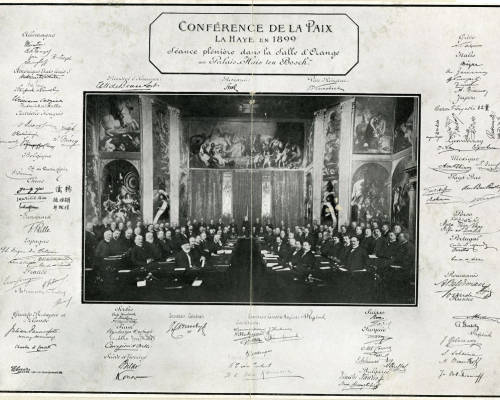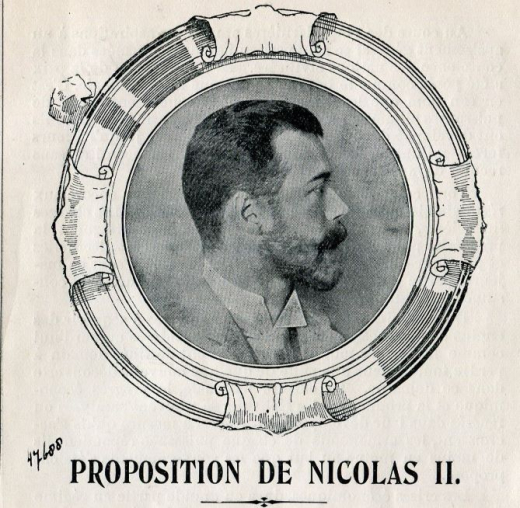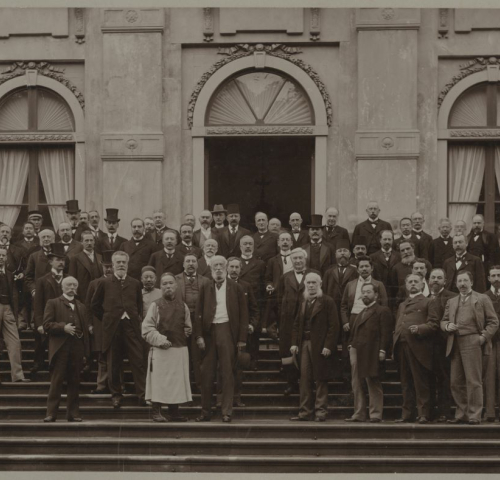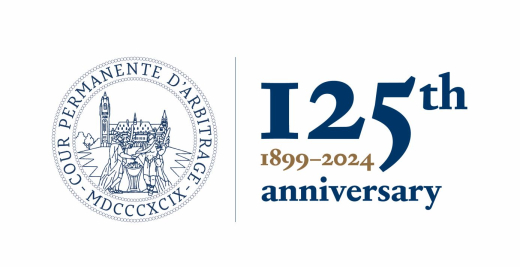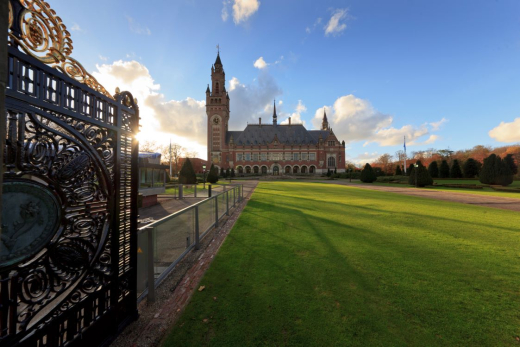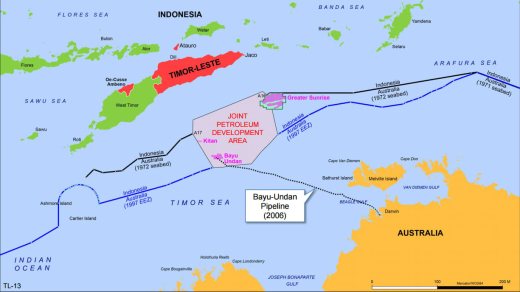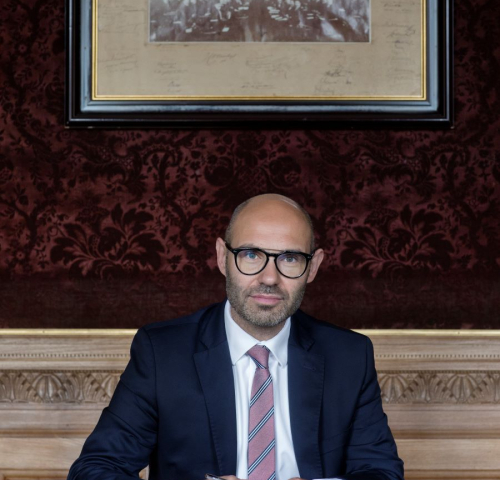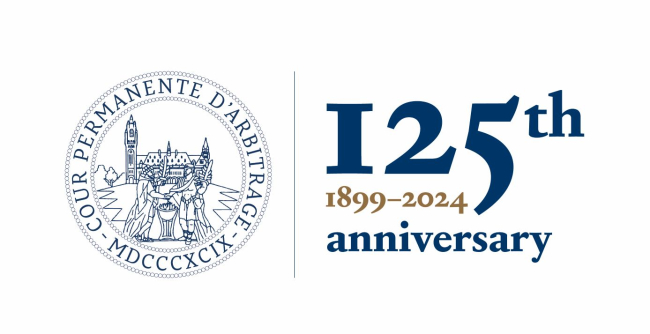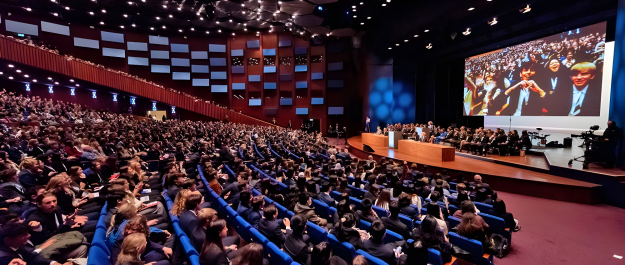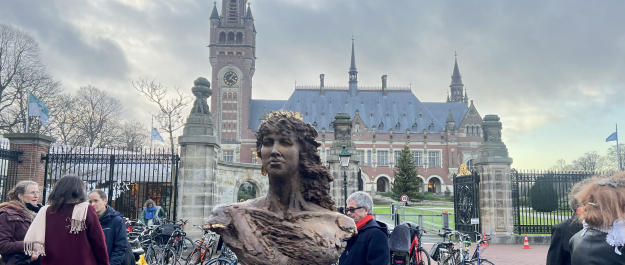This year marks the 125th anniversary of the First Hague Peace Conference, convened in 1899 by Tsar Nicholas II of Russia, and hosted by Queen Wilhelmina of the Netherlands. The conference is famous for being the first to set out a legal framework for the peaceful settlement of international disputes. What is fascinating to note is how much has changed in the intervening years - but also how much remains the same. There is still huge demand for international arbitration and independent judicial infrastructure that transcends national borders. It is hard to overstate the importance of the Hague Conventions (there was a second conference in 1907) in the evolution of international cooperation and conflict resolution. Along with the Geneva Conventions, they were the first to set out formal statements on the laws of war and war crimes which are still enforced today.
The Hague’s Historical Role in International Law
Integral to the historical significance of the Conventions is the reputation of The Hague itself. The fact that Tsar Nicholas convened his peace conference in the city marked it out as a place where the international community could put aside their differences, come together and discuss matters of global importance in an independent setting. Hence, the sobriquet ‘The International City of Peace and Justice’ was born - and it is a title The Hague has worn with pride for more than a century.
The Permanent Court of Arbitration - where tradition meets modernity
A key topic during the first peace conference in 1899 was a plan for an independent court to administer international disputes. The resulting Permanent Court of Arbitration (PCA) was founded that very year - and is also celebrating its 125th anniversary in 2024.
The PCA is the oldest standing forum for international dispute settlement in the world. It was a monumental step forward in the development of international law and diplomacy. At the end of the Victorian era, when peace and disarmament were priorities, it became the first formal global mechanism for the settlement of disputes between states.
Today, with a membership of 122 nations, the PCA still plays a crucial role in the arbitration of many major conflicts all over the world. But it also has a huge caseload dealing with topics as diverse as climate change, labour rights, trade and investment.
Settling disputes involving the laws of the land, sea and outer space
One of the key strengths of the PCA, and the reason for its continued relevance after 125 years of existence, is the flexibility of the dispute resolution framework it offers. In 2024, the court is busier than ever, currently administering hundreds of cases involving the laws of the land and the sea - and sometimes even relating to disputes in outer space.
Timor Sea Conciliation
Among high-profile recent cases was the Timor Sea Conciliation concerning the maritime boundary between East Timor and Australia and the legal status of the vast natural resources in the area. After a year and a half of intensive meetings between the two governments mediated by the PCA, agreement was reached on a new maritime boundary treaty that was signed in March 2018 and ratified in August 2019.
This landmark conciliation led to the successful settlement of a long-standing dispute between the two nations and ensured that the resources of the seabed would be shared and developed to the benefit of both East Timor and Australia.
The result was hugely significant for East Timor, which relies heavily on oil and gas for its economy, and was allocated a far larger share of revenues under the new treaty.
The Armada Case
In another ongoing case that has garnered huge media interest, the PCA is administering a long-running dispute between the government of Colombia and the US company Sea Search‑Armada over the $20 billion treasure believed to be stowed aboard the San Jose galleon which sank off the Colombian coast more than 300 years ago. A predecessor of Sea Search-Armada allegedly discovered the wreck in the 1980s, and has staked a claim to the treasure, while the Colombian government maintains that the ship and its lost bounty is part of the country’s ‘cultural heritage’.
Such cases, which often blend history, sovereignty, and modern technology, epitomise the strengths of the PCA as the only purely independent arbitration organisation capable of managing disputes of this complexity.
A benchmark year for the City of Peace and Justice
Prior to 1899, The Hague was already recognised internationally as a city where peace and justice could flourish. Located in the heart of Europe, and easily accessible by land or sea, it was a logical place for a conference of this magnitude - at a time when tensions were high, and the threat of global conflict was ever-present. 14 years after the first Peace Conference, The Hague’s now famous Peace Palace opened its doors in 1913. It has been the home of the PCA for more than 100 years, and is now a symbol of all the city’s efforts towards global harmony.
In this milestone year, a series of events and activities are planned in The Hague and beyond. The anniversary provides an opportunity to reflect on the progress made in the field of international relations and to recommit to the principles of peace and justice that were championed at the First Hague Peace Conference.
“125 years ago, the First Hague Peace Conference laid the foundation for peaceful resolution of conflicts. It is my sincere wish that The Hague will continue to be a beacon of diplomacy and a city where nations come together for the cause of peace.”
Find out more
Permanent Court of Arbitration
Established in 1899 to facilitate arbitration and other forms of dispute resolution between states, the PCA has developed into a modern, multi-faceted arbitral institution perfectly situated to meet the evolving dispute resolution needs of the international community.

